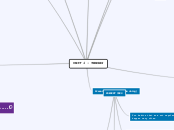by juani hernandez 11 years ago
2381
Present Perfect Simple vs Present Perfect Continuous
The present perfect tense of regular and irregular verbs is formed using "have" plus the past participle. For regular verbs, this means adding -ed to the base form, while irregular verbs use unique past participle forms.









